 Rhode Island is the latest state to report it is grappling with a shortfall in funding for a manufacturer-backed electronics recycling program.
Rhode Island is the latest state to report it is grappling with a shortfall in funding for a manufacturer-backed electronics recycling program.

 Rhode Island is the latest state to report it is grappling with a shortfall in funding for a manufacturer-backed electronics recycling program.
Rhode Island is the latest state to report it is grappling with a shortfall in funding for a manufacturer-backed electronics recycling program.
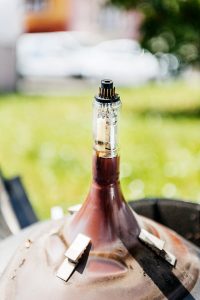 Collection figures from two West Coast states suggest CRT volumes are beginning to decline, but that trend isn’t playing out everywhere.
Collection figures from two West Coast states suggest CRT volumes are beginning to decline, but that trend isn’t playing out everywhere.
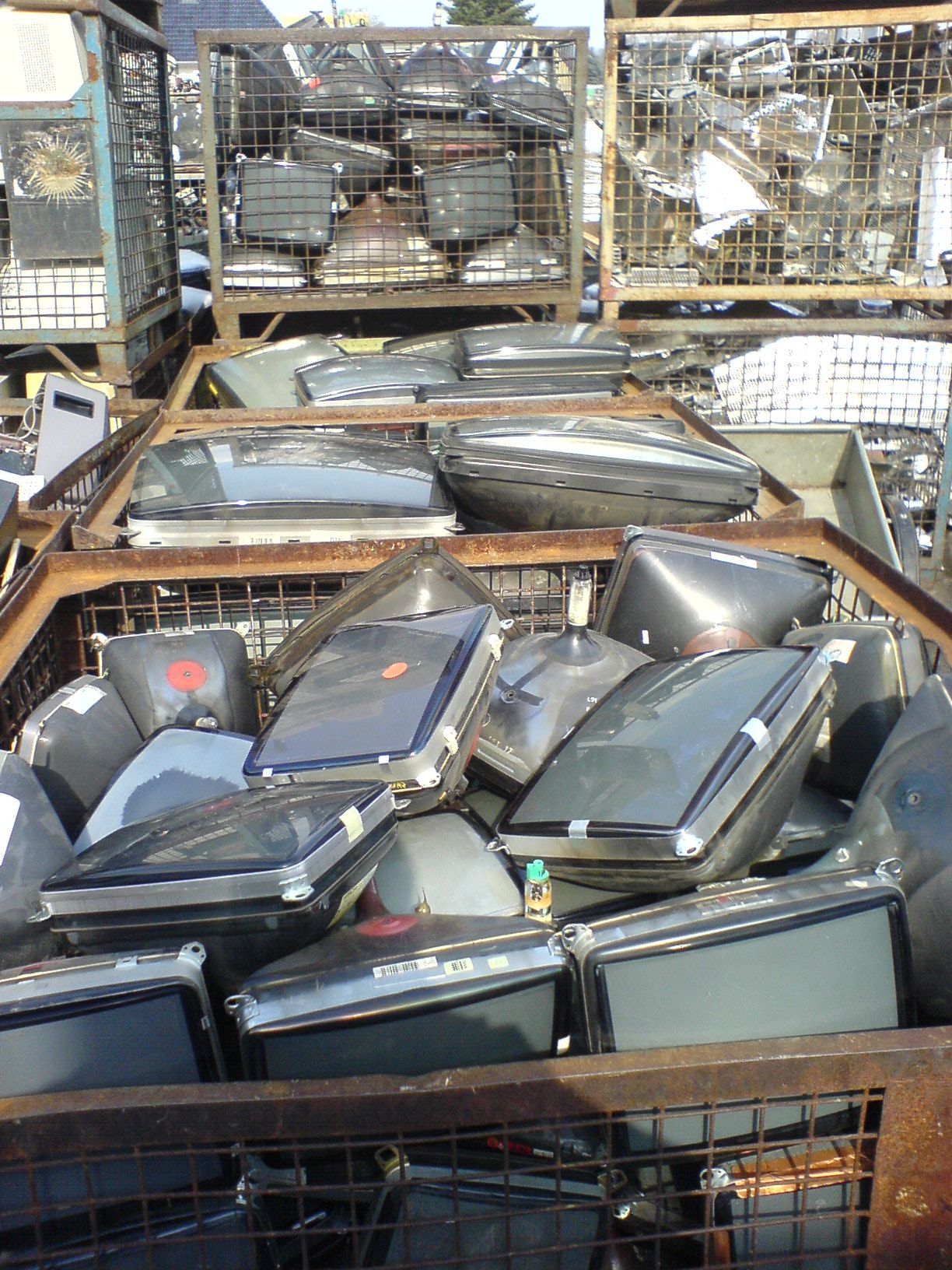 A bill aimed at expanding recycling outlets for CRT panel glass has passed out of California’s legislature – and not a single lawmaker cast a vote against it.
A bill aimed at expanding recycling outlets for CRT panel glass has passed out of California’s legislature – and not a single lawmaker cast a vote against it.
 The state of New Jersey is working to reform its e-scrap law, and lawmakers plan to have a bill to send to the governor by next month.
The state of New Jersey is working to reform its e-scrap law, and lawmakers plan to have a bill to send to the governor by next month.
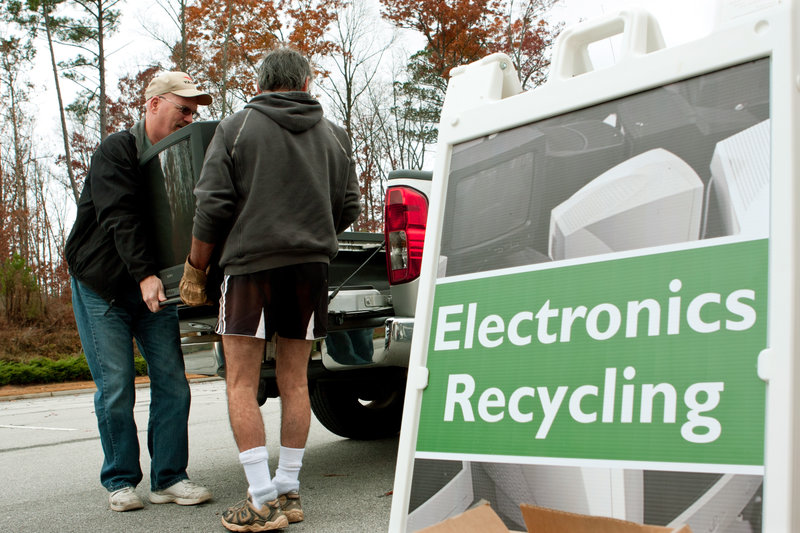 Debate over state electronics recycling laws has reached new heights in recent years, and the original equipment manufacturers (OEMs) that help fund the programs have been at the center of the discussion.
Debate over state electronics recycling laws has reached new heights in recent years, and the original equipment manufacturers (OEMs) that help fund the programs have been at the center of the discussion.
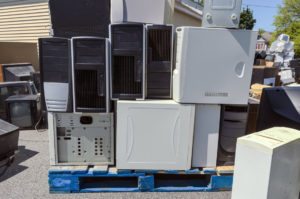 Electronics manufacturers are launching an e-scrap recycling pilot program in Nebraska, an effort to explore sustainable systems that aren’t driven by state law.
Electronics manufacturers are launching an e-scrap recycling pilot program in Nebraska, an effort to explore sustainable systems that aren’t driven by state law.
 Washington’s e-scrap collection numbers are down again. In the first six months of 2016, the state program took in less than 90 percent of the weight collected during the same period a year ago.
Washington’s e-scrap collection numbers are down again. In the first six months of 2016, the state program took in less than 90 percent of the weight collected during the same period a year ago.
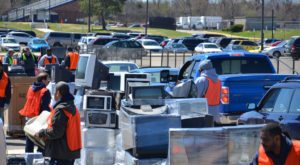 A bill that would reshape New Jersey’s e-scrap program was passed late last week by members of the state’s General Assembly. Continue Reading
A bill that would reshape New Jersey’s e-scrap program was passed late last week by members of the state’s General Assembly. Continue Reading
A bill overhauling New Jersey’s e-scrap law is headed to Gov. Chris Christie, but the recycling industry isn’t sure whether he’ll sign it.
Whether you operate a small shredding operation or a larger e-scrap processing facility, safety must be a priority. The subject of safety was explored at an E-Scrap Academy session during E-Scrap 2016 in New Orleans last month.
